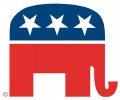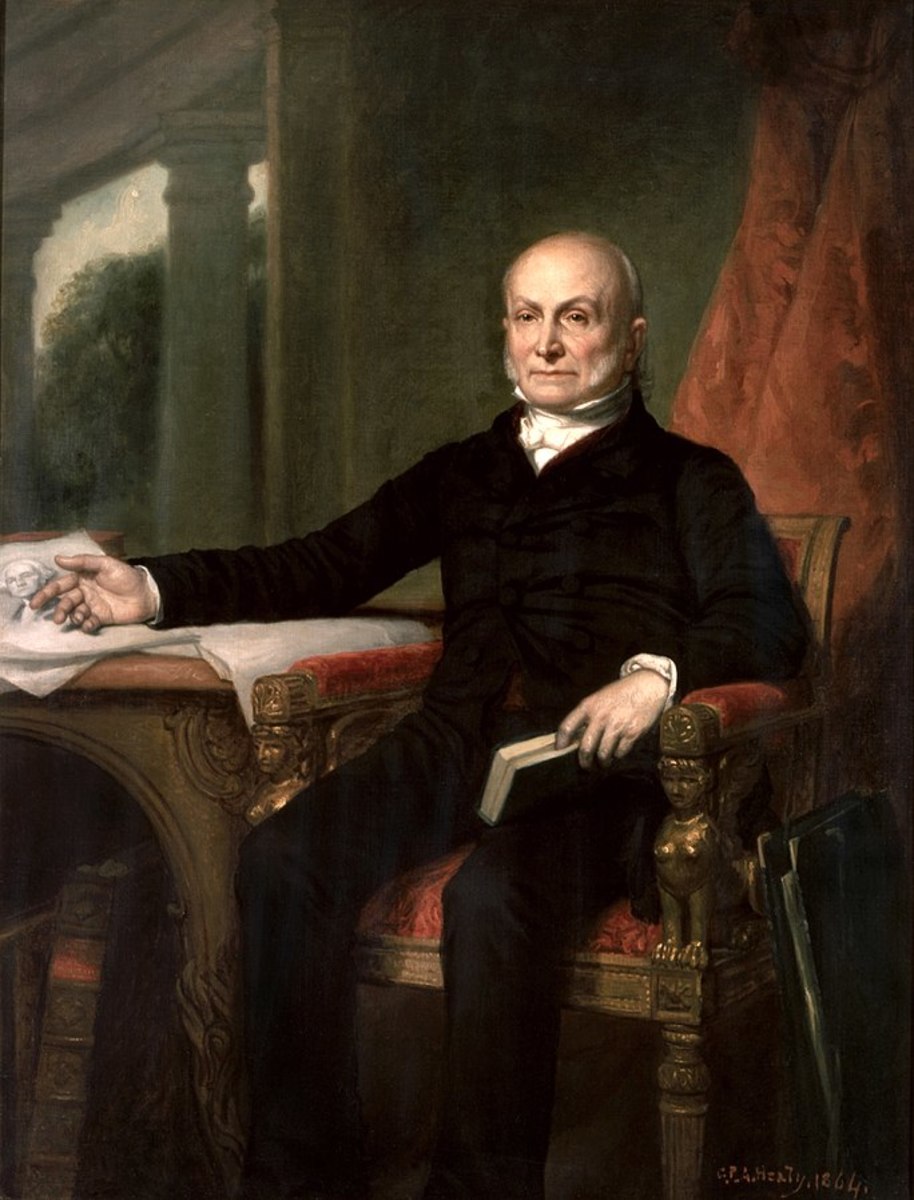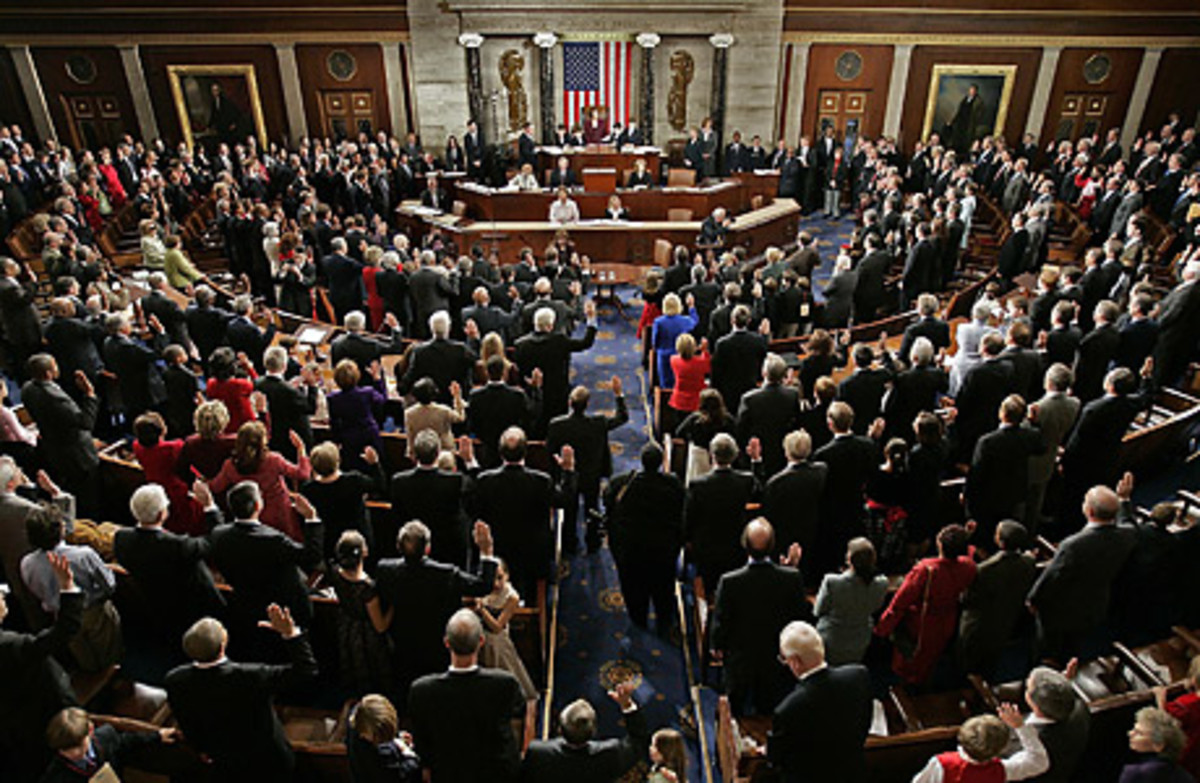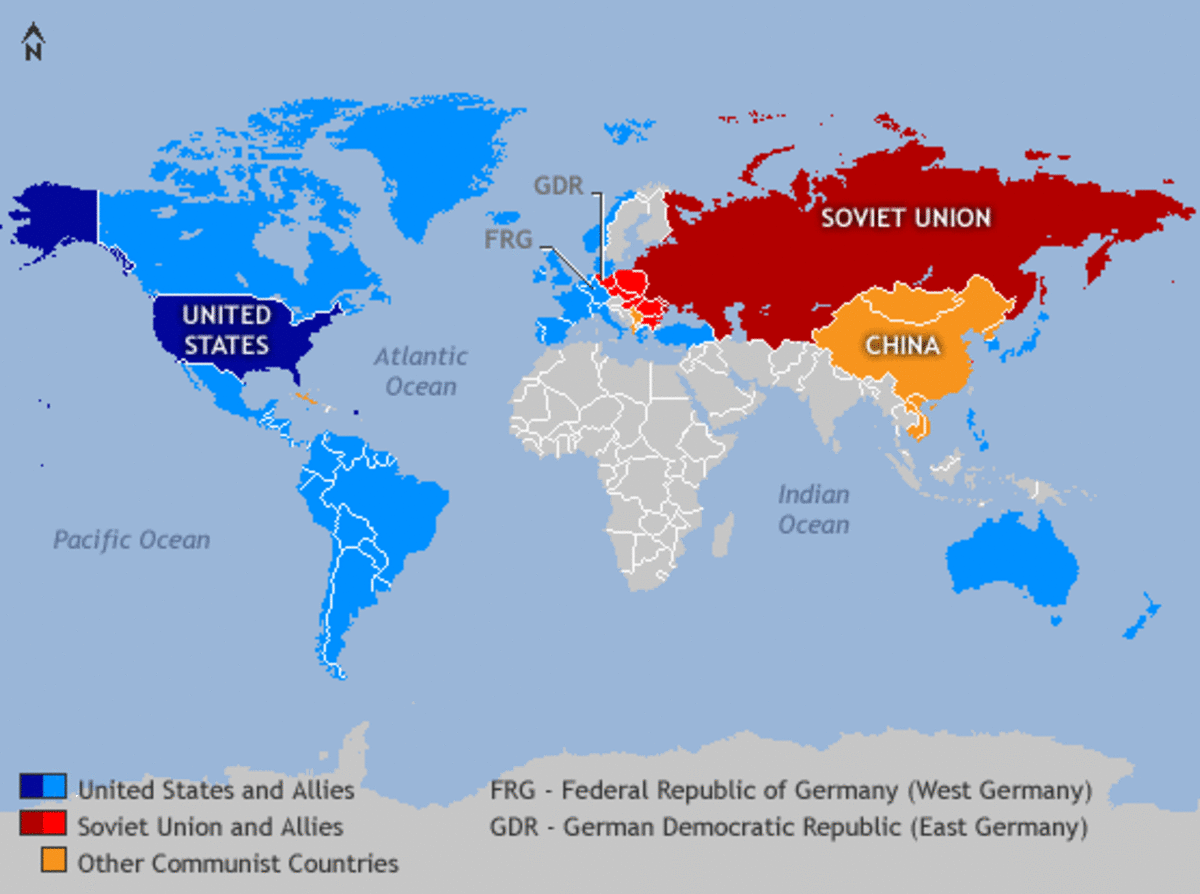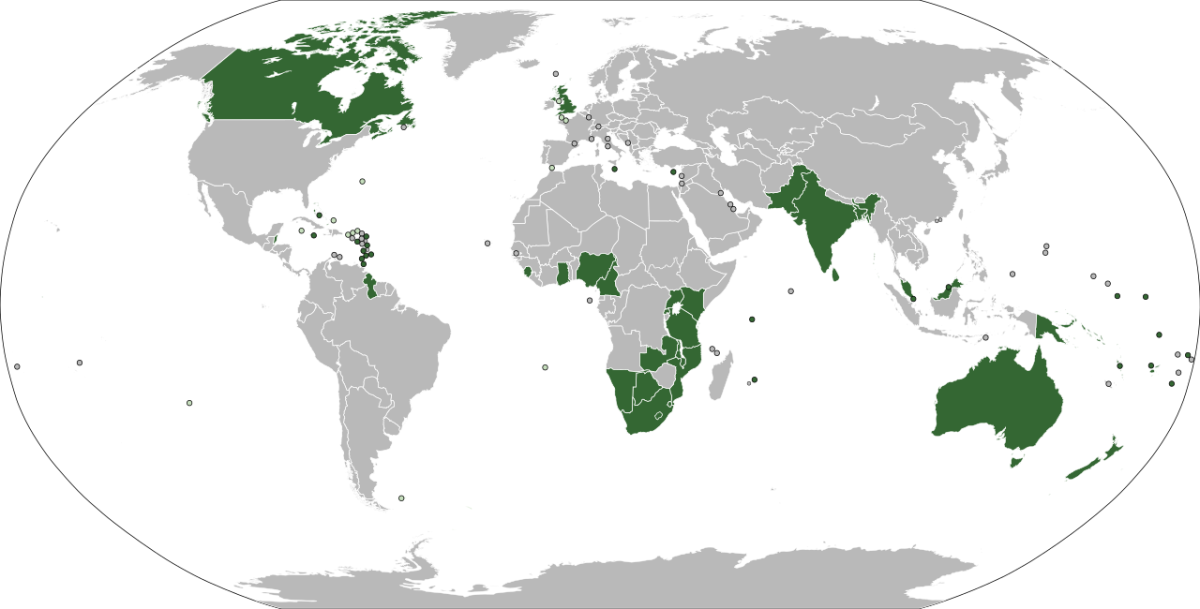The Modern Legislature: A Comparison in Structure
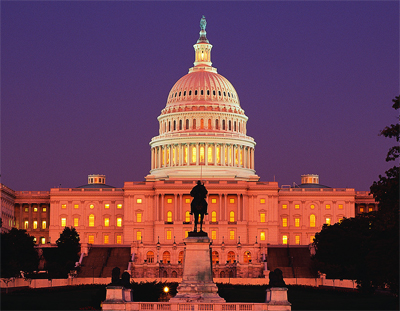
Introduction
Who gets to make the rules? In earlier times, that job might fall on a king or a ruling family, a dynasty, or a military general. In modern times, we have witnessed a reaction against one person making the rules for everyone else. In modern democratic states, groups of people, rather than single persons, tend to make the laws that govern society. And they tend to make the law by means of a deliberative process rather than by the hasty decisions of someone like the Queen of Hearts shrieking “off with his head.” This is not to say that single persons or private groups might not greatly influence the course of modern legislation. In fact, they do. However, today in modern democratic states, the power of law making is mostly resident in the national legislature. This article is devoted to familiarizing you with the legislatures we find in our world today.
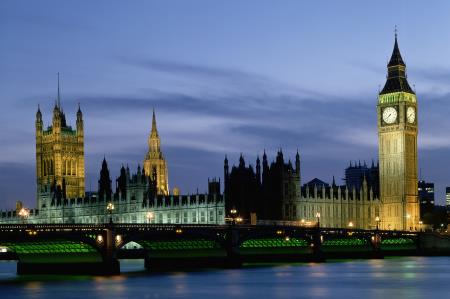
The "Legislature" Defined
Sometimes the terms “legislature,” “assembly,” and “parliament” are conflated so we should distinguish between them. A legislature is a law-making assembly. An assembly is simply a gathering. The focus of an assembly is on meeting and representation.
Much of the freedom we have in western countries came from early assemblies where representatives of estates and towns met together at the king's command. Over time these English assemblies became "parliaments" or "talking houses." Now, these assemblies were not "legislatures," because they were not law-making bodies. The king ruling with his council and his judges made the laws for the realm. The talking house became a forum for the claim of rights over against the king’s prerogative. Later, these talking houses became legislatures, that is, they began to replace the king as the instrument of lawmaking. In contrast, our American colonial assemblies were legislatures from the very beginning.
So, in short, we can say, that “‘assemblies’ meet, ‘parliaments’ talk, and ‘legislatures’ pass laws.” [1]
In every government, there must be an institution or group of institutions that make the laws for that nation-state. In democratic states, we call such institutions legislatures. In the United States the national legislature is called the Congress. It is a bicameral legislature which means that it is composed of two houses. The lower house, the House of Representatives, is the national assembly. It is the most democratic of American national institutions. There are 435 members, each of which is chosen from a congressional district which is determined by the state’s legislature. Each state gets a number of the seats in the House of Representatives based on the population of the state. So, the more people your state has, the more seats you get.
The upper house of the Congress, the Senate, is composed of two members from each state. The Senate is supposed to represent the states. The Constitution originally stipulated that Senators were to be chosen by their state’s legislature. The Seventeenth Amendment to the Constitution changed that so that Senators today are chosen in state at-large elections. While this stunt weakened the role of the states in the national government, it is still likely that a senator chosen will reflect the broad interests of the state since he is chosen by the broad electorate of that state.
Most democratic nations do not have a bicameral legislature; they only have an assembly which would be like only having the House of Representatives without the Senate. In those countries that do have an upper house, most of them are called a “senate.” In most bicameral systems they are “weak” by which we mean that they normally cannot stop bills, but only impede their progress. Such is the case with the Parliament in the United Kingdom. The House of Lords has the power to slow down, but not stop legislation initiated by the House of Commons. Here in the United States we have a “strong bicameral” system because our Senate has the same power to stop bills in their chamber as does the House. As it was originally set up, should the people’s representatives want a law passed, but the Senate (as the representatives of the states) did not, it would not pass and vice versa. [2]
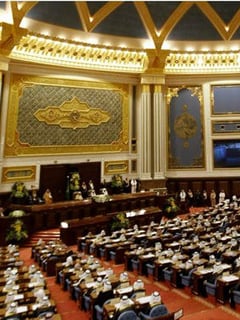
Legislatures in Democratic and Authoritarian States
Generally speaking, legislatures tend to dominate democratic states and are greatly hampered in authoritarian states. In a democratic nation like the United States, its founding fathers considered the assembly as an important security to their freedom. Just as the Parliament of Great Britain was the symbol of the opposition to Stuart autocracy, so also colonial assemblies were considered the defenders of American liberties against the oppression of colonial governors. When America’s founding fathers created the Constitution, much of it pertained to the legislature. In fact, James Madison captured this sentiment when he said in Federalist #51 that “In republican government, the legislative authority necessarily predominates.” The Constitutional framers granted substantial legislative authority to the Congress.
The Congress was intentionally created to be a rival power to executive authority. In American history, it has not been uncommon to see the Congress come out on top in struggles with the president. Historically, we saw Congress check Andrew Johnson’s violation of the Tenure of Office Act, thwart Woodrow Wilson’s attempt to drag the United States into the League of Nations, and demand that President Richard Nixon turn over audio tapes of private conversations in the Oval Office.
According to Dunn and Slann a legislature is of little worth unless that legislature is (1) elected by the people and (2) is “free from the autocratic control of the executive.”[3] However, this is precisely what we find in authoritarian or totalitarian states. In authoritarian states, legislatures often have little power to reflect the democratic aspirations of their people. In fact, the legislature may not even house the representatives of the people. Such legislatures might be filled with government appointees instead of elected representatives of the people. The legislative function, that is, the function of making laws, normally falls to one person or an elite group of people that make the rules for everyone else. An authoritarian state might have a legislature, but the legislature will merely “rubber stamp” the decisions made by the autocracy be that a person or a group like the Communist Party. In Saddam Hussein’s Iraq, the Iraqi National Assembly merely rubber stamped the policies of the Ba’ath Party which was controlled by Saddam. In such systems there is not “rule of law” but merely “rule by man.”
For example, in Saudi Arabia there is no legislature that makes the laws. Rather, law is made by royal decrees issued from King Salman (1935 - ), who has been king since 2015. Salman governs with a cabinet called the Council of Ministers (mostly made up of family members) that assist him in carrying out state policy. There is a 150-member Consultative Assembly, which is a legislature in appearance only. This Assembly can only recommend legislation to the monarch; it has no power to make law. We might say that the Constituent Assembly is an “assembly” but not a “legislature” because while they do meet and discuss policy, they have no power to meet independently and they cannot actually make laws. Furthermore, the members of the Consultative Assembly are appointed to that position by the monarch and serve at his pleasure; they are not elected by the people of Saudi Arabia. Other institutions considered essential to democracy, such as elections and political parties, are forbidden in Saudi Arabia.
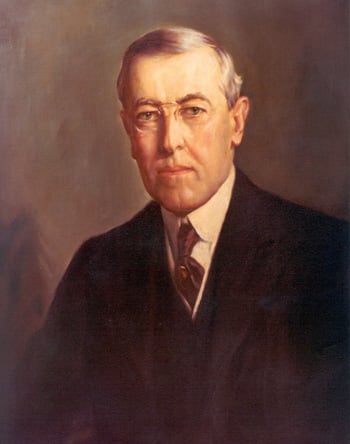
Structure
Every national legislature is structured in a way to help it to accomplish its tasks. Three important features as they relate to structure are the size of the legislature, the number of the houses, and the role of the committees.
Size--Legislatures range in size from the tiny island nation of Tuvalu with an assembly of 15 members to China with about 3,000 members. There is a correlation between size of the nation and size of the legislature with larger nations tending to have larger legislatures. Having a large legislature could be a sign of greater representation: more representatives that represent fewer people. That, of course, depends on the ratio of the national population to the number of representatives. However, having a large number of representatives does have its drawbacks. More representatives are going to create more disorganization in the legislature. Communist states had liked to brag that they had larger legislatures, thereby hinting that they were more “representative.” However, given their size, it’s likely that a formal leadership system would be erected over the assembly members. In the case of Communist states, the leaders were controlled by the Communist Party.
This distinction between small assembly/large assembly can be easily seen in the US Congress when we compare the Senate and House of Representatives. Because the House is over four times the size of the Senate, there are more rules that guide floor procedures. House members don’t have near the time to make floor speeches that their fellow congressmen have in the Senate. Having a small legislature has its own limitations: there are fewer representatives to spread around the workload. Smaller legislatures will tend to be made up of members that are generalists on policy rather than specialists.
Number of Houses--A second feature of the legislature’s structure is the number of houses that the legislature has. Most nations of the world have a unicameral, or one-house, legislature. Smaller, newer, unitary states and those that previously had a monarch tend to be unicameral; larger, federal states tend toward bicameralism. The unicameral legislature conforms to the principle of majoritarianism (the ideology that the majority has the final authority) and tend to uphold the maxim given by Abbe Sieyes that “if the second chamber agrees with the first, it is useless; and if it disagrees, it is dangerous.” [4]
But a bicameral legislature is an affront to majoritarianism and tends to offset the popular power with power that resides in geographical regions. In fact, it has been said that bicameral states are a “haven for regional representation.” Usually the second chamber represents a region of the nation. In the case of the United States, those regions are the state governments. Originally America’s constitutional framers had Senators to be selected by the state legislatures, thereby giving to the state legislatures representation in the Senate. However, this process was democratized in 1913 with the passage of the Seventeenth Amendment which required that senators now be chosen by the people in at-large elections rather than by the states. It is of interest that Germany’s Basic Law requires that members of their second chamber, the Bundesrat, be chosen by members of the Lander parliaments. Other nations use varying methods to select members of their second chamber. Today, the United Kingdom has the distinction of being the only democratic nation that still uses inheritance as a basis for membership in their second chamber.
Not all bicameral states are equal. Consider the United States Senate and the British House of Lords. Both houses are the “second chamber” in their respective legislatures. However, the Senate, like the second chambers in Germany and Switzerland, is a “strong bicameral” legislature in that it is a coequal partner in the passage of legislation. Should the House approve a bill, but should the Senate reject it, that bill is dead. However, in the United Kingdom, should the House of Lords disapprove of a bill passed by the House of Commons, that bill will pass anyway as the Lords can only slow down the legislative process; in the end, they cannot stop it.
Committees--A third important structure of the legislature is the committee. Legislative committees are organizations within the assembly that help facilitate the workload of that assembly. Consider them a part of an overall “division of labor” that parcel out the workload of the assembly to varying groups. Some assemblies make much use of the committees, giving them considerable power and influence in the legislature to rival other powerful systems, like the political parties. Such is the case with the US Congress which has granted considerable power to its standing committees to rival the influence of the two major parties. These types of committees are domineering and territorial, like a feudal lord.
Woodrow Wilson, an early student of American government and former president, once said that “Congress in session is Congress on display, whilst Congress in committee, is Congress at work.” A standing committee chair, like the Chair of the House Ways and Means Committee, has considerable power both within his party, but also independent of it. Committees like Ways and Means have their own budget and staff. Typically, you will find that if the political parties “rule the roost” in a legislature, the committee system will be weak. Such is the case in the British House of Commons where legislation is passed on the floor and then sent to committee to fill in the details. However, in the United States Congress, a bill goes to committee before it goes to the floor. Bills that are not reported out of committee rarely survive the process in Congress. The grace and favor of a committee is the best friend of an advancing bill.
Notes
[1] Rod Hague and Martin Harrop, Political Science: A Comparative Introduction, Third Edition (New York: Palgrave, 2001), 218.
[2] Rod Hague, Martin Harrop, and Shaun Breslin, Political Science: A Comparative Introduction, Second Edition (New York: Worth, 1998), 187.
[3] Charles Dunn and Martin Slann, American Government in Comparative Perspective, Second Edition (New York: Longman, 2000), 182.
[4] Rod Hague, Martin Harrop, and Shaun Breslin, Political Science: A Comparative Introduction, Second Edition (New York: Worth, 1998), 186.
© 2012 William R Bowen Jr

